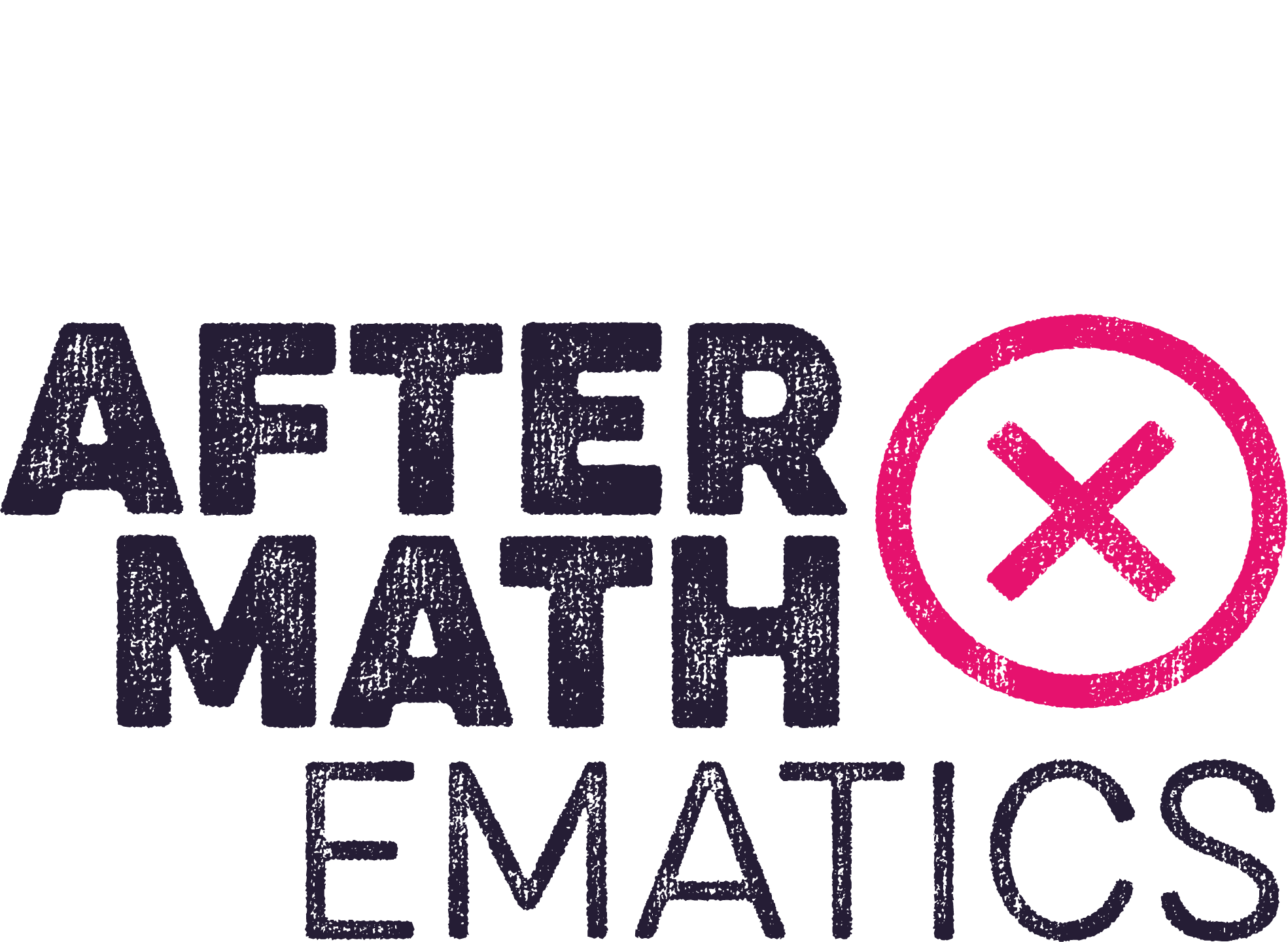A is for Aftermath

Out of nowhere, a tiny virus has exploded into a global pandemic.
It’s delivered a massive shock to a world that is already rife with injustice and inequality.
The repercussions are set to last for years.
To put it another way, we’re facing a shit-storm on a massive scale.
It feels like almost everything has changed.
Overnight, things we’ve taken for granted have just disappeared.
Things that we were told were impossible have suddenly become very real.
And the idea that “there’s no such thing as society” turns out to be a big fat lie.
Nothing is normal.
Our usual routines have been suspended.
The future is unwritten.
Of course the people at the top have a very clear vision of the future.
All they talk about is getting the economy working again.
Our bosses are desperate to push us back into the same old boxes.
The same old shit (with a bit more social distancing).
For many, the disruption has been catastrophic: work has become dangerous; home feels like a prison; loved ones are absent
Thousands have died – many at the hands of a remote and uncaring elite.
And for all of us, life has become much more uncertain.
But at the same time, the disruption caused by coronavirus is an opportunity.
An opening.
The message of disaster is that anything can happen.
But if anything can happen, that means ANYTHING is possible.
The word “aftermath” originally referred to the fresh plants growing after a crop has been harvested.
This pandemic has ripped apart “business as usual” and thrown everything up in the air, giving us the space to try new ways of living together.
It gives us the space to question the assumptions behind a system that only favours a tiny minority.
The aftermath could be something positive, alive, growing – not a stale return to a deadening reality.
Aftermathematics is about looking at a different type of calculation.
Instead of slicing up profits to pay dividends, we could be thinking about the divisions that exist in our society.
Aftermathematics is about multiplying our power, subtracting ourselves from work, starting to stand together as equals.
Rather than return to the misery and inequality of the pre-COVID world, how can we make a life that is better, richer, and more fulfilling for all of us?
Another world is not only possible, it is on its way.
On a quiet day, we can hear it coming...
